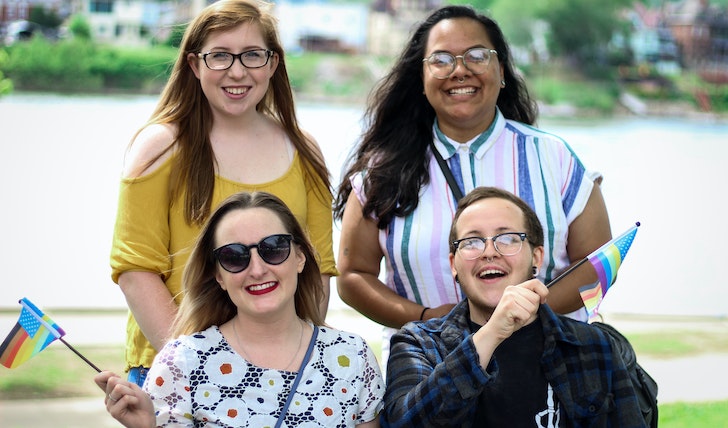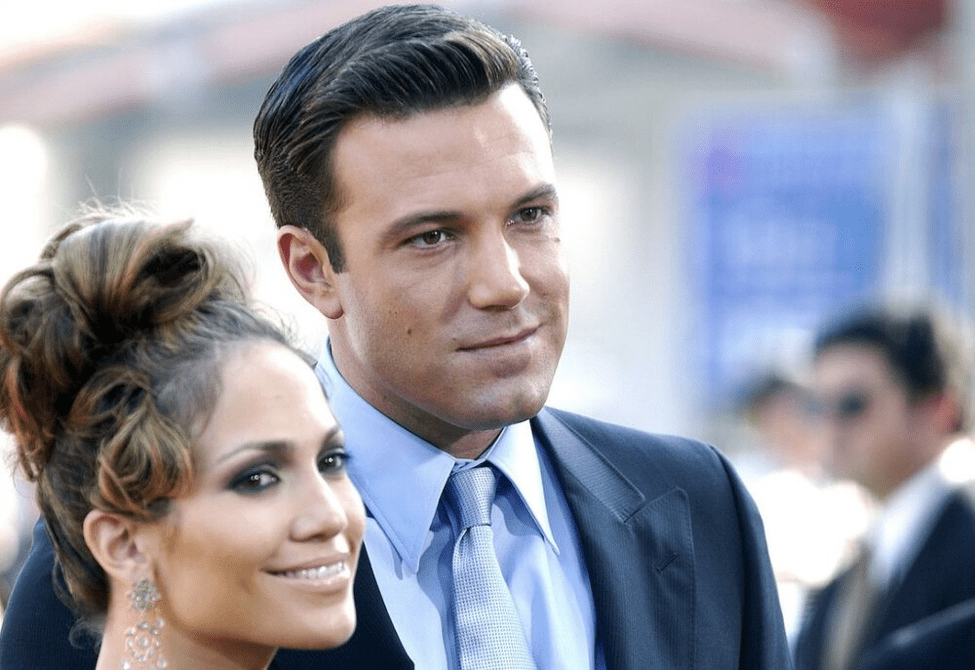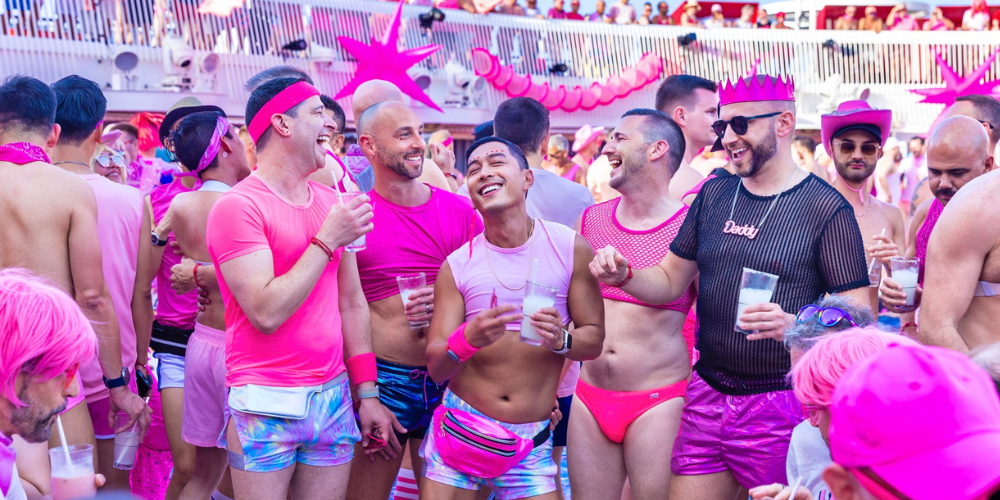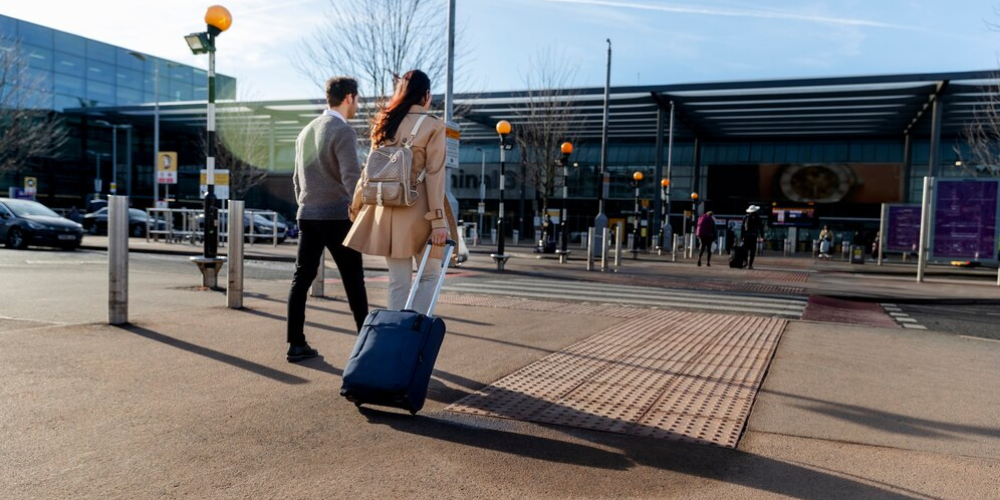When you think of the 21st-century workspace, you might envision collaborative teams, contemporary design, and open-door policies. Yet, behind these modern facades, some doors remain stubbornly closed for a significant portion of the workforce. For many LGBTQ+ employees, professional settings are minefields of both overt and insidious discrimination, leading many to reconsider their place within them.
Have you ever thought about the sudden departure of an LGBTQ+ coworker who seemingly enjoyed their job? There is a high chance they were navigating an iceberg of prejudice, where the visible discrimination was only the tip.

Rose Mary / Pexels / Thanks to the more inclusive workplace of today, LGBTQI+ workers are getting heard.
In Your Face: The Brazen Prejudice
Overt acts of discrimination, while shocking, are unfortunately not rare. A survey conducted by the Center for American Progress in 2018 indicated that nearly a quarter of LGBTQ+ participants faced blatant discrimination because of their sexual orientation or gender identity.
Whether it is a snide remark, unfair performance evaluations, or more aggressive forms of harassment, these experiences often occur in the very places where employees should feel most secure. Thus, the blatant nature of such acts makes them immediately recognizable, but their impact on the morale and mental well-being of victims can not be overstated.
The Whispered Bias: Discrimination's Stealthier Avatar
While overt prejudice is startling, subtle discrimination can be equally, if not more, damaging. This form of bias operates under the radar: the passing jest that is not quite right, the "innocent" assumptions about one's personal life, or the uncalled-for surprise at a job well done.
It is the colleague who says, “You don’t look gay,” intending it as a compliment. Or the boss who raises an eyebrow at a same-sex partner photo on the desk.

Karolina / Pexels / It is no secret that the LGBTQI+ community has always been the worst hit of discrimination. Be it outright or subtle.
According to the Harvard Business Review, many LGBTQ+ professionals engage in “covering” or downplaying their identities to seamlessly blend in. While this defense mechanism helps them dodge potential prejudice, it takes a significant mental toll.
The Domino Effect of Discrimination
Prejudice does not just harm individuals. It also strikes a blow to the organizations they are a part of. The Human Rights Campaign underscored that nearly 10% of LGBTQ+ workers have left jobs because they felt alienated. The ripple effect? A loss in creativity, collaboration, and, ultimately, revenue.
Furthermore, in our age of digital transparency and social consciousness, companies that do not prioritize inclusivity can find themselves under public scrutiny, leading to potential boycotts and tarnished brand images.

Rose Mary / Pexels / Because LGBTQI+ workers feel alienated, they quit their jobs.
A New Dawn for LGBTQ Workers?
Despite these challenges, there is a beacon of hope. The corporate world is beginning to recognize the untapped potential and richness that a diverse workforce offers. Plus, the generational shift in attitudes provides a silver lining. With millennials and Gen Zers championing inclusivity and equality, workplaces are bound to reflect their progressive ideologies over time.
On the legal front, many nations are stepping up to implement anti-discrimination laws to protect LGBTQ+ rights, thus pushing companies to be more proactive about inclusivity. Though the path is fraught with challenges, the trajectory for LGBTQ+ workers is looking increasingly optimistic.
With a combination of grassroots efforts, corporate initiatives, and legislative changes, we are inching closer to a world where every individual. Regardless of their sexual orientation or gender identity, they can work with dignity and pride.











